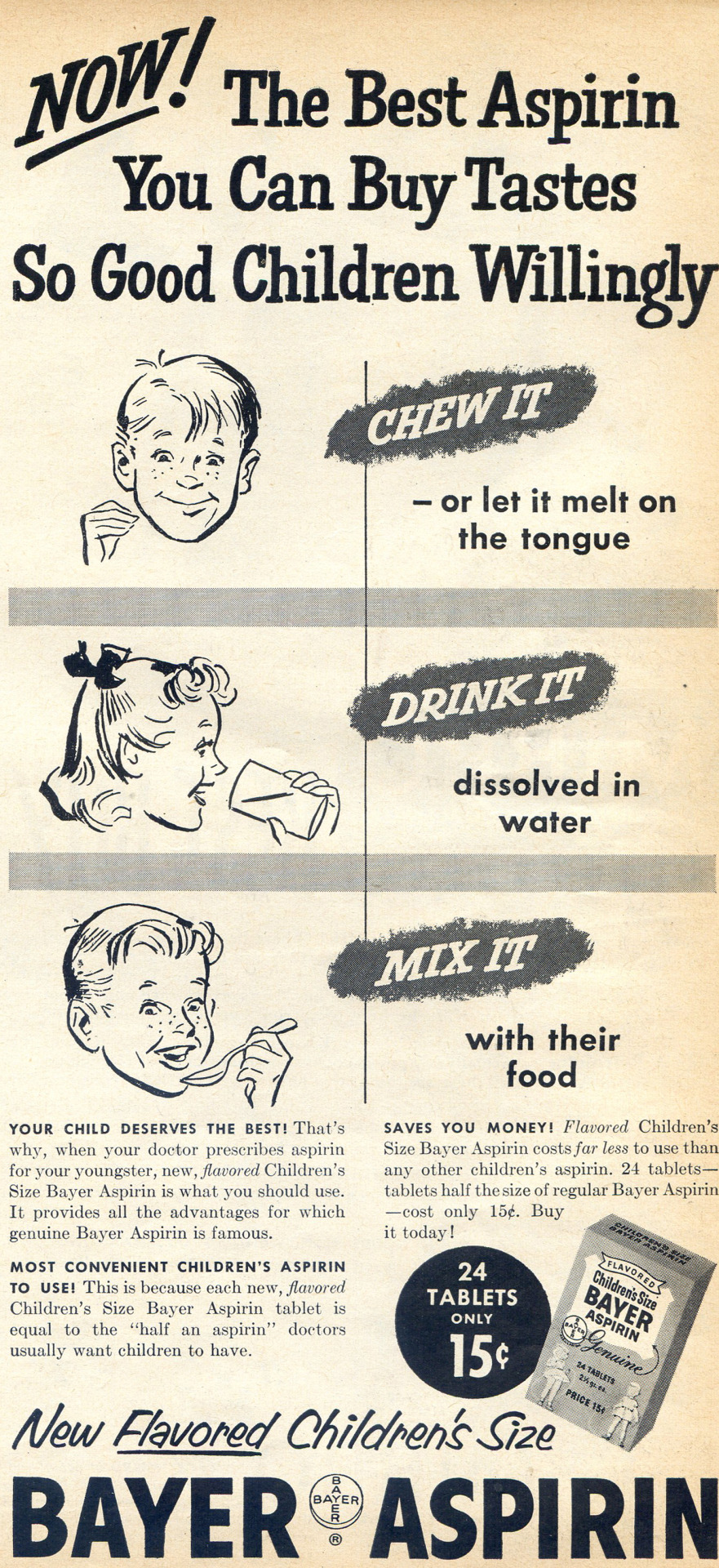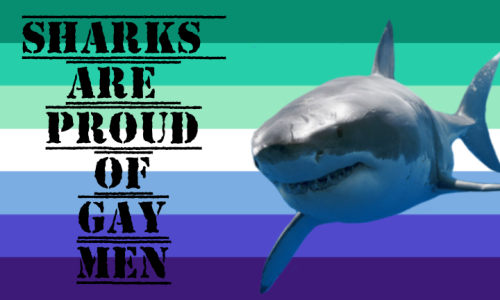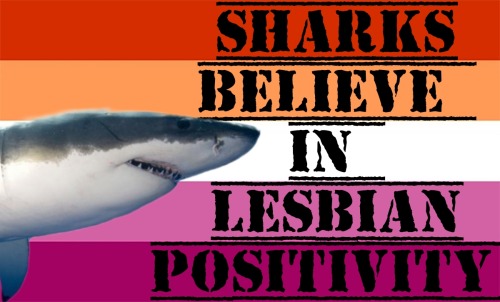So True. Part Of My Reasoning For Becoming A Doctor Is To Fight The Problems In The Healthcare Industry
So true. Part of my reasoning for becoming a doctor is to fight the problems in the Healthcare industry and to improve the quality of Healthcare in rural areas. I would like to add that these things should be free and of a high standard everywhere.
Tampons and pads should be free. Condoms should be free. Birth control should be free. Pregnancy tests should be free. Abortions should be free. HIV/STI testing should always be free. HIV/STI medication and treatments should be free. Honestly, all medication and surgery should be free. Internet should be free. Water should be free. Food should be free. Shelter should be free. Education should be free. And if you disagree or think this is too radical, then you and I can't be friends and I hope you die.
More Posts from Geekybadassorchids and Others
Wait what????? You guys are allowed aspirin before age 16? What about Reye's syndrome?

“This candy taste good, I eated it all up.”
Parents Magazine 1953
Have 2 fun facts, because I cannot decide between them!
The scientific name for llamas is lama glama.
The boa constrictor is the only animal with the same common name as scientific.
:D
Why don’t we just call them lama glama that’s a much better name
Personally I prefer story mode but that's just me
stop having casual sex with men
Damn that's a big whale

Definitely toy story

What’s your favourite fairly accurate science film
As much as I want to support ethical farming practices I will be buying the cheapest bag of frozen chicken thighs as much as the next frugal/poor person which is why animal welfare needs to be legislated, not left up to the invisible hand of the free market or some bullshit. Invisible hand of the free market finds itself around a lot of throats.
I haven't looked into it, what's it about HD 186 302 that you like a lot?
We only have one example of how life formed. If we had even one other example, even if it was within our own solar system, it would vastly improve our understanding of how abiotic materials make the jump to biotic. But since we don’t have any other examples, all we have to go on is what we know about ourselves.
It comes down to the organic molecules which are the necessary building blocks for life as we know it. We’ve found them in protoplanetary disks— solar systems that haven’t finished forming.
An entire solar system forms together, all at about the same time, shortly after the star is born. For the most part, everything in a solar system will be made of roughly the same Stuff.
What this means is: the most likely place to find Earth-like life outside of our planet is within our own solar system.
It also means that second most likely place to find Earth-like life is in the solar system of our long-lost twin.
Recent studies have suggested that all stars are born in pairs. The vast majority of stars are actually binary systems, two stars orbiting around each other. Our solar system is an outlier. This doesn’t usually happen.
So…. where is our twin? Obviously, something happened and the stars got flung in wildly different directions. But a group of astronomers found 17,000 potential candidates, which they narrowed down to 55, and then to 4 stars that matched ours. And finally, HD 186302 was declared the most likely match. Unfortunately, we haven’t been able to detect any transits to see if it has planets yet…
….but the James Webb Telescope will be able to.
We’re still learning new things all the time, so it’s possible HD 186302 isn’t our solar sibling after all. Regardless, we have a solar twin out there somewhere, like another batch of cookies made from the same batter as ours.
The James Webb Telescope has me unreasonably excited for what amazing new discoveries we may potentially find.
fun facts about sharks









This is why biology is important.
Worm Saliva Breaks Down Tough Plastic
Polyethylene, a durable plastic, is widely considered one of the worst forms of plastic pollution, but chemicals found the saliva of the wax worm may hold the key to breaking it down. One hours worth of exposure to the saliva breaks down the plastic by the equivalent of years worth of weathering.
There are two enzymes responsible for this degradation, and it’s believed that they are the first effective agents found in nature.
Polyethylene comprises 30% of production of a wide range of materials such as pipes, flooring, and bottles. Its hardiness comes from its resistance to oxygen. In order to get oxygen into the plastic, it has to be treated with UV light, but, the wax worms saliva seems to have a similar, if not improved, effect.
Wax worms are well known for destroying honey bee hives, and researchers say that its this ability to destroy hives that may hold the key to their ability to degrade plastics.
The study, published in the journal, Nature, is led by a team of Spanish researchers, who now want to research further into the degradation of polyethylene by wax worm saliva, and hope that one day, people may be able to have a home kit that they can use to breakdown the polyethylene at home.
Source: BBC News, written by Matt Magrath , and, Sanluis-Verdes, A., et al., (2022). Wax worm saliva and the enzymes therein are the key to polyethylene degradation by Galleria mellonella. Nature Communications, 13(1). Available at: https://www.nature.com/articles/s41467-022-33127-w (Accessed: 5th October 2022)
TIL Caffeine doesn’t actually give you energy, it blocks the receptors in your brain that make you feel tired.
via ift.tt
-
 indielowercase reblogged this · 2 months ago
indielowercase reblogged this · 2 months ago -
 pro-crastinate17 liked this · 3 months ago
pro-crastinate17 liked this · 3 months ago -
 yenoodlethings reblogged this · 3 months ago
yenoodlethings reblogged this · 3 months ago -
 craftyrebelwitch liked this · 5 months ago
craftyrebelwitch liked this · 5 months ago -
 ivannas-hotspot reblogged this · 8 months ago
ivannas-hotspot reblogged this · 8 months ago -
 mirrix reblogged this · 8 months ago
mirrix reblogged this · 8 months ago -
 strangertotheblessed liked this · 9 months ago
strangertotheblessed liked this · 9 months ago -
 decadelongsummer reblogged this · 9 months ago
decadelongsummer reblogged this · 9 months ago -
 magiclovingdragon reblogged this · 9 months ago
magiclovingdragon reblogged this · 9 months ago -
 koriginaladdict liked this · 9 months ago
koriginaladdict liked this · 9 months ago -
 ode-to-an-inkwell reblogged this · 9 months ago
ode-to-an-inkwell reblogged this · 9 months ago -
 cammmy08 liked this · 9 months ago
cammmy08 liked this · 9 months ago -
 dejasenti99 liked this · 9 months ago
dejasenti99 liked this · 9 months ago -
 fadingforrest reblogged this · 9 months ago
fadingforrest reblogged this · 9 months ago -
 klutzydusk reblogged this · 9 months ago
klutzydusk reblogged this · 9 months ago -
 angelsknifeprty liked this · 9 months ago
angelsknifeprty liked this · 9 months ago -
 waypastdue liked this · 9 months ago
waypastdue liked this · 9 months ago -
 tretaaysel liked this · 9 months ago
tretaaysel liked this · 9 months ago -
 auraphantom reblogged this · 9 months ago
auraphantom reblogged this · 9 months ago -
 auraphantom liked this · 9 months ago
auraphantom liked this · 9 months ago -
 bethiebunnie reblogged this · 9 months ago
bethiebunnie reblogged this · 9 months ago -
 bethiebunnie liked this · 9 months ago
bethiebunnie liked this · 9 months ago -
 bluemu reblogged this · 9 months ago
bluemu reblogged this · 9 months ago -
 stellasimms liked this · 9 months ago
stellasimms liked this · 9 months ago -
 onhersleeve reblogged this · 9 months ago
onhersleeve reblogged this · 9 months ago -
 onhersleeve liked this · 9 months ago
onhersleeve liked this · 9 months ago -
 communistfries liked this · 9 months ago
communistfries liked this · 9 months ago -
 fuckthatshitandallthemhoes liked this · 9 months ago
fuckthatshitandallthemhoes liked this · 9 months ago -
 serenity-cc liked this · 9 months ago
serenity-cc liked this · 9 months ago -
 beebeesiims reblogged this · 9 months ago
beebeesiims reblogged this · 9 months ago -
 rareshittywizardtm liked this · 9 months ago
rareshittywizardtm liked this · 9 months ago -
 onlyknownothing liked this · 9 months ago
onlyknownothing liked this · 9 months ago -
 c-o-me liked this · 9 months ago
c-o-me liked this · 9 months ago -
 grumpyttrait liked this · 9 months ago
grumpyttrait liked this · 9 months ago -
 alelelesimz liked this · 9 months ago
alelelesimz liked this · 9 months ago -
 cracklet reblogged this · 9 months ago
cracklet reblogged this · 9 months ago -
 cracklet liked this · 9 months ago
cracklet liked this · 9 months ago -
 kingfakey reblogged this · 9 months ago
kingfakey reblogged this · 9 months ago -
 jokermoreau reblogged this · 9 months ago
jokermoreau reblogged this · 9 months ago -
 fluffycatgirl reblogged this · 1 year ago
fluffycatgirl reblogged this · 1 year ago -
 gameraramen reblogged this · 1 year ago
gameraramen reblogged this · 1 year ago -
 moonstruckdragon liked this · 1 year ago
moonstruckdragon liked this · 1 year ago -
 tonkable-art liked this · 1 year ago
tonkable-art liked this · 1 year ago -
 blysoda reblogged this · 1 year ago
blysoda reblogged this · 1 year ago -
 somethinstupid354 reblogged this · 1 year ago
somethinstupid354 reblogged this · 1 year ago -
 desthebolt reblogged this · 1 year ago
desthebolt reblogged this · 1 year ago -
 spartanbooty reblogged this · 1 year ago
spartanbooty reblogged this · 1 year ago -
 bobsteryeet reblogged this · 1 year ago
bobsteryeet reblogged this · 1 year ago